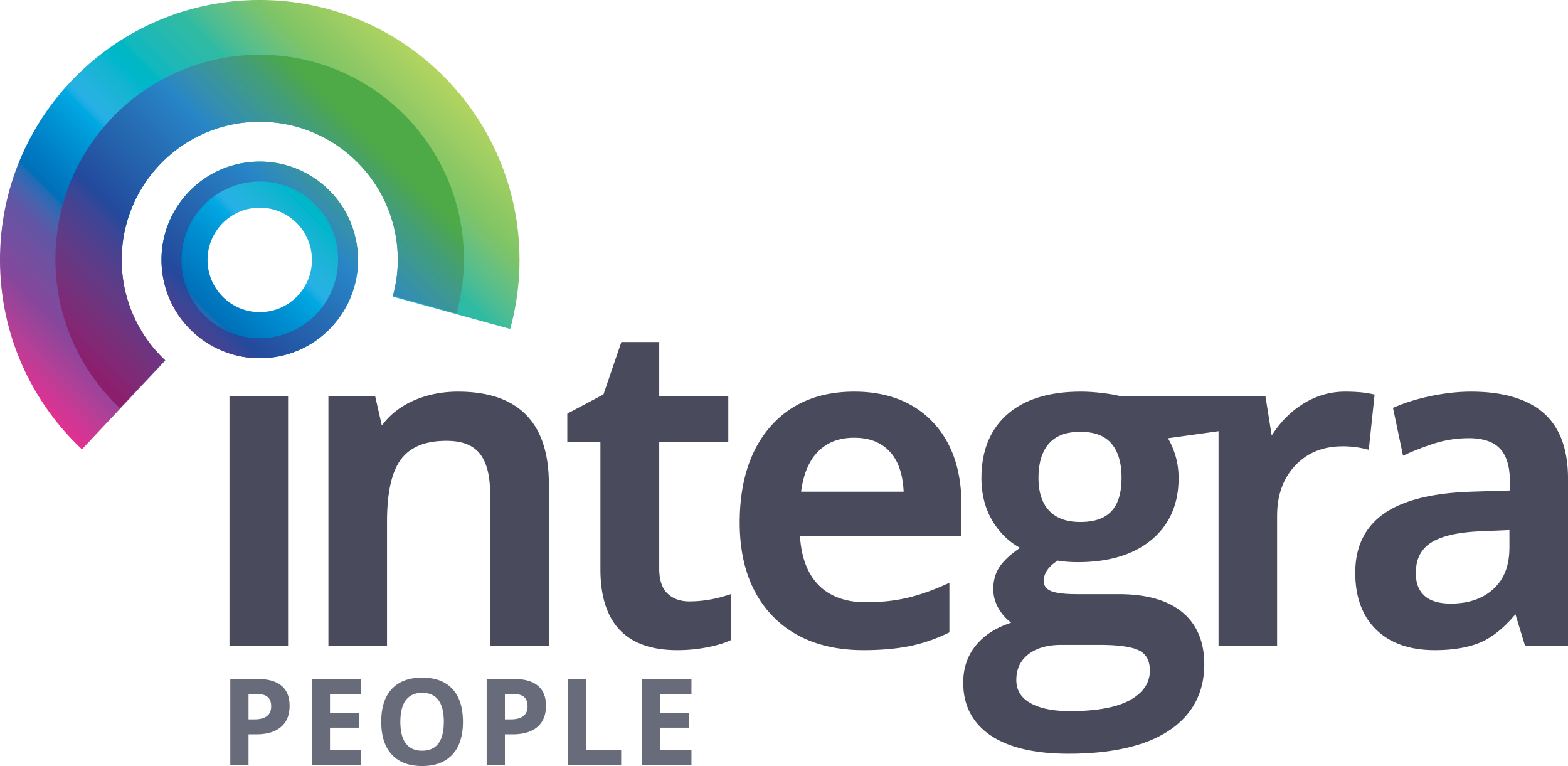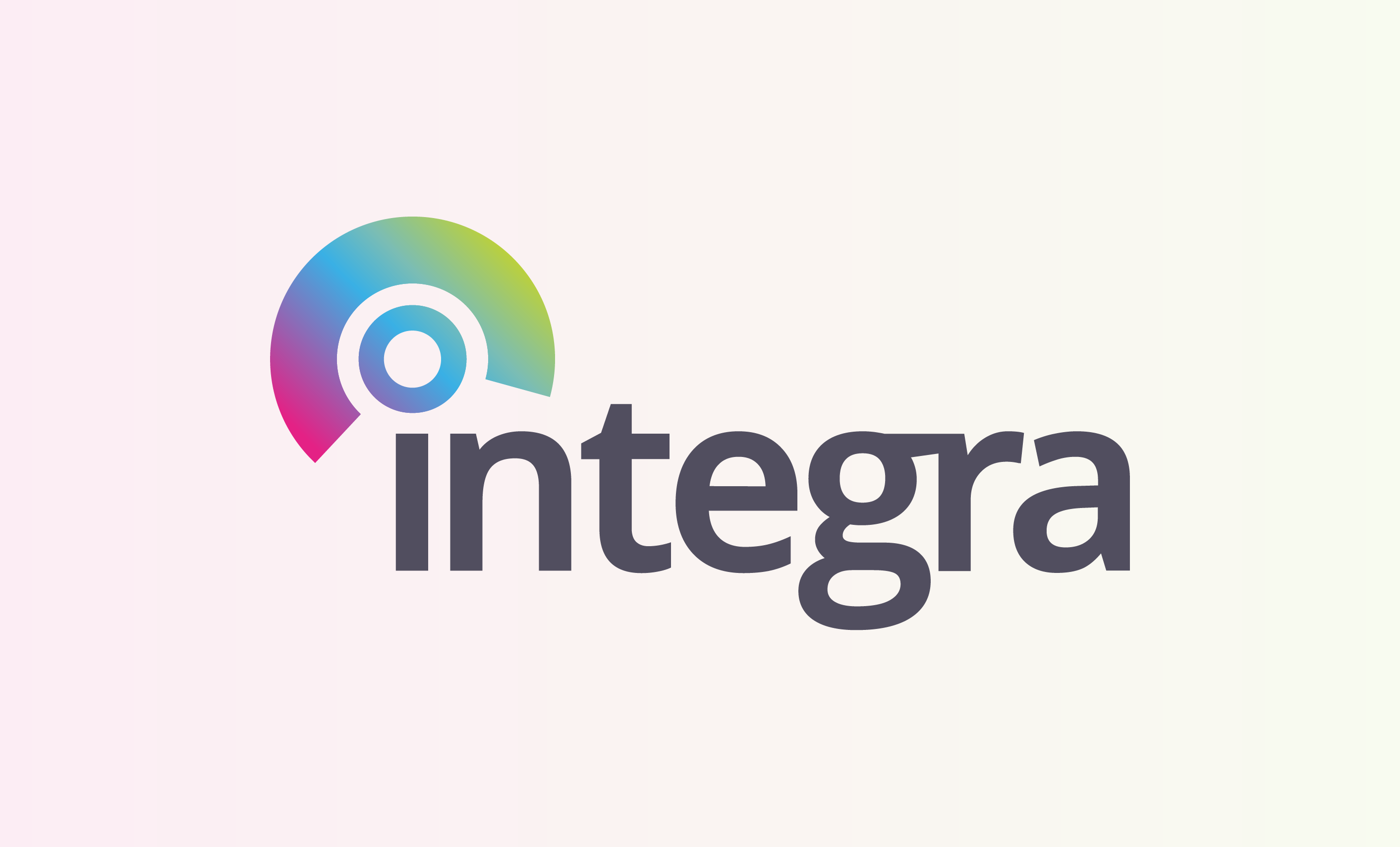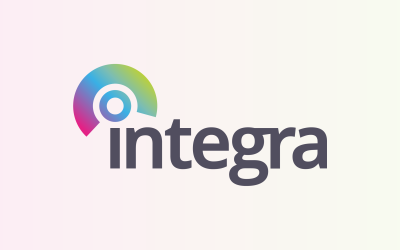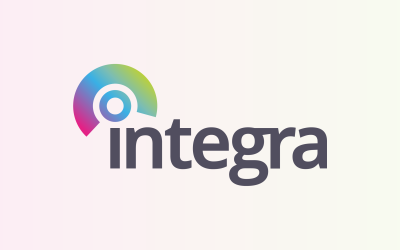From 1st July 2021, employing EU, EEA and Swiss Citizens changed and guidance from The Home Office on employer right to work checks has been released. It is no longer acceptable for employers to accept an EU, EEA or Swiss passport as evidence for right to work. Free movement ended on 31st December 2020 and the UK government has introduced a points-based immigration system that treats EU and non-EU citizens equally. All employers in the UK have a responsibility to prevent illegal working by conducting right to work checks before employment. The rules to not apply when hiring Irish citizens or EU citizens already living in the UK by 31st December 2020 that were eligible and applied for the EU Settlement Scheme before 1st July 2021.
How hiring from the EU has changed?
Employers will need to check that EU, EEA and Swiss citizens wanting to work in the UK have the right to work by using a share code and their date of birth that can then be entered onto the gov.uk website to check the types of work they’re allowed to do and how long they can work if there is a time limit. You can also use the government website to check someone’s original documents if you do not have a share code.
Before hiring anyone from the EU, EEA or a Swiss citizen, employers will need to check the person they want to hire meets the requirements for working in the UK, check that the business is eligible and register as a Home Office licensed visa sponsor. To register, the business will need to choose the type of skilled worker license you want to apply for, put appropriate systems and RTW checks in place to act as a sponsor, apply online and pay the fee. It takes around 8 weeks for licenses to be processed.
For more information and guidance on employing from the EU visit https://www.gov.uk/guidance/right-to-work-checks-employing-eu-eea-and-swiss-citizens



